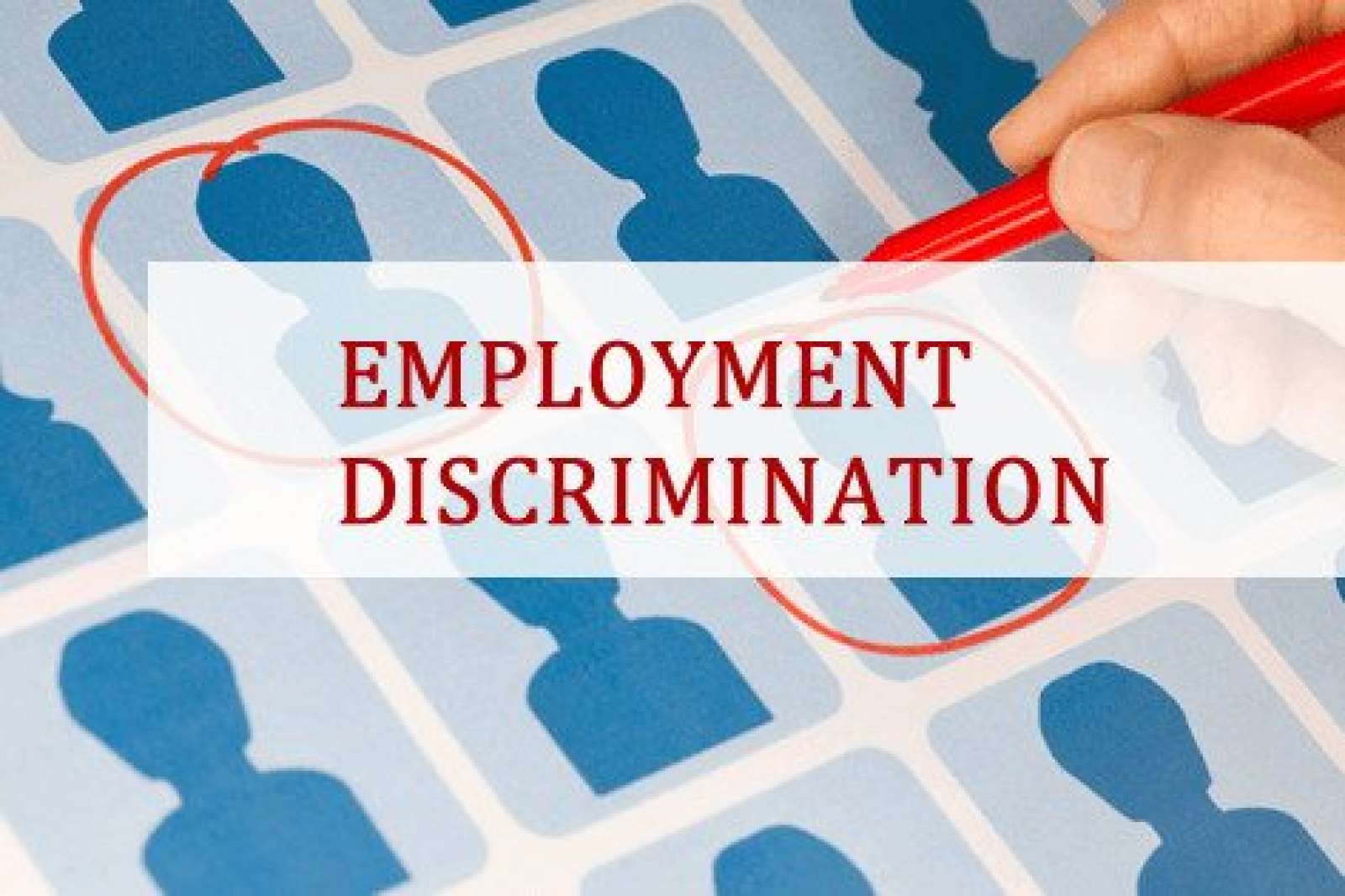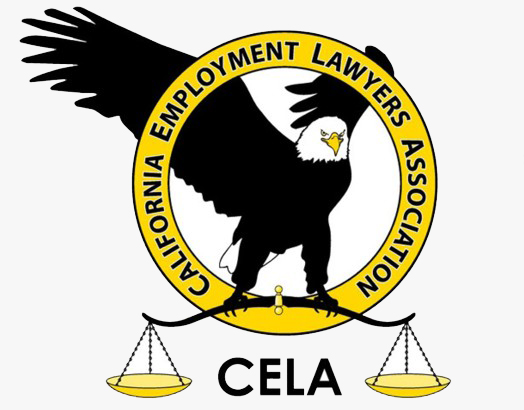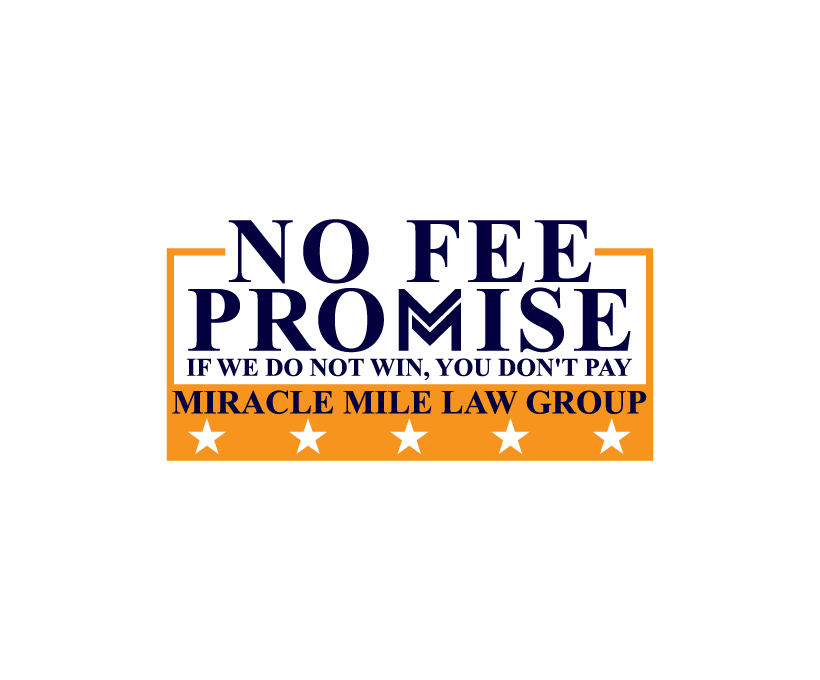Riverside Workplace Discrimination Attorney
This is personal for us. We know the difference between right and wrong and have based our entire careers on reminding others of that distinction.

Holding Riverside Employers Accountable for Workplace Discrimination
You work hard to find employment that matches your skills. Many workers attend a trade school, college, or professional school. Skilled workers often spend years developing their craft. Unskilled workers rely on employment to pay their bills and have a chance to get ahead. Employers in Riverside are required to judge you based on your education and experiences. Federal and state employment and labor laws forbid employers from discriminating against a job applicant or worker based on most types of identity characteristics.
Employers who are covered by these federal and state laws generally cannot discriminate regarding hiring, firing, promotions, job benefits, opportunities for advancement, and your work environment – based on any of the following characteristics:
- Race
- National origin
- Color
- Religions
- Age if over 40
- A disability
- Pregnancy
- Sexual orientation
- Gender
- Gender preference
- Military status
- Other identity characteristics

What laws govern discrimination in Riverside workplaces?
There are several federal laws that govern workplace discrimination. The laws generally apply to all aspects of employment. Which employers are required to comply with the laws differ somewhat based on how many employees work for the employer. Experienced Riverside employment discrimination lawyers can explain whether your employer is required to comply with the applicable federal discrimination law.
- The Civil Rights Act of 1964, Titles VI and VII, applies to employment discrimination based on your color, religion, country of national origin, or your race. This law applies to employers that are:
“engaged in an industry affecting commerce who has fifteen or more employees for each working day in each of twenty or more calendar weeks in the current or preceding calendar year, and any agent of such a person, but such term does not include… the United States, a corporation wholly owned by the Government of the United States, an Indian tribe, or any department or agency of the District of Columbia subject by statute to procedures of the competitive service.”
Covered employers include individuals, governments, governmental agencies, labor unions, corporations, partnerships, mutual companies, and other types of employers.
Generally (exceptions do apply) employers can’t discriminate based on your race, color, religion, sex, or national organization regarding hiring, firing, compensation, or the terms (or conditions/privileges) of employment. The Civil Rights Act of 1964 also forbids employers from discrimination based on these identity categories by limiting, segregating, or classifying “employees or applicants for employment in any way which would deprive or tend to deprive any individual of employment opportunities or otherwise adversely affect his status as an employee.”
The Civil Rights Act of 1964 defines what evidence is required to prove discrimination occurred, what exceptions apply, and what remedies an employee can use to hold employers accountable for workplace discrimination. The Act also sets forth the enforcement powers of the Equal Employment Opportunity Commission which oversees that Act such as the power to conduct investigations.
The Civil Rights Act of 1964, among many other protections, requires that employers respect an employee’s religious practices. The work environment should not be hostile to a person’s religion – the worker should be free from insults, slurs, and abusive behavior.
- The Equal Pay Act of 1963 prohibits covered employers from paying employees different wages to employees of different sexes who have the same skills and experience. Gender or sex discrimination under the Equal Pay Act of 1963 also includes unequal treatment regarding hiring, firing, promotions, the type of job the employee can perform, job benefits, and training opportunities.
- The Age Discrimination in Employment Act of 1967 (ADEA) provides employment discrimination protection for workers who are 40 or older. Many older workers find it extremely difficult to find or keep work when they turn 40. Many employers try to push older workers out the door so the employer can replace them with younger workers who they can pay less money. The ADEA protects older workers regarding hiring, firing, compensation, advancement, and other workplace opportunities. Our skilled Riverside employment lawyers understand the legal and practical issues involved in filing claims pursuant to the ADEA.
- The Americans with Disabilities Act (ADA) provides discrimination protections for workers who are disabled. “Title I of the ADA protects the rights of both employees and job seekers.” The ADA applies to “employers, including state and local governments, with 15 or more employees.” The law also protects employees from retaliation by employers for filing an ADA discrimination complaint. Employers must provide “reasonable accommodations” for job seekers and employees with disabilities. Another employment law that protects people with disabilities from discrimination is Section 503 of the Rehabilitation Act of 1973 (Section 503). This law, in addition to providing disability protection, “requires affirmative action in the hiring, placement and advancement of people with disabilities by federal contractors or subcontractors.”
- The California Fair Employment and Housing Act provides “protection from harassment or discrimination in employment because of age (40 and over), ancestry, color, creed, denial of family and medical care leave, disability (mental and physical) including HIV and AIDS, marital status, medical condition (cancer and genetic characteristics), national origin, race, religion, sex, and sexual orientation.”

Holding Riverside employers liable for retaliation against employers who complain about discrimination
Our Riverside employment lawyers file lawsuits against employers who fire an employee or adversely affect an employee’s job because they dared to assert their rights – either by filing their own discrimination complaint or by supporting another worker’s discrimination complaint. The right to file these retaliation complaints is based on statutory law and public policy.
What damages can employers who discriminate be ordered to pay?
The damages vary depending on which law is the basis for the lawsuit or whether the action is before a federal or state agency. Our Riverside employment lawyers generally demand that the employer provide:
- Job reinstatement
- A job promotion if the employee would have been promoted but for the discrimination
- Compensation for any lost wages and lost employment benefits
- Payment of the employee’s legal fees
- Any statutory damages that may be due
- Additional relief including requiring that the employer establish company policies to ensure future discrimination does not occur
Employees are usually required to file their claims with the appropriate agencies such as the EEOC first. If the agency determines that a resolution of the complaint isn’t possible, then the employee should receive a “right to sue” letter which means the employee can file his/her discrimination in the appropriate court.
There are time limits for filing employment discrimination cases. Employees should contact their Riverside employment lawyer as quickly as possible.
Don’t suffer in silence. Discrimination is horrible. There’s no excuse for it. Assert your rights now. To discuss any Riverside discrimination claim, call the Miracle Mile Law Group today. You can reach us at (888) 244-0706 or contact us online for a FREE case evaluation.
Contact our Riverside Workplace Discrimination Attorneys
If you have experienced any workplace discrimination that appears to arise out of discrimination but are not sure what to do, talking to our attorneys serving Riverside as your workplace discrimination attorneys are here to help. The sooner you speak to our law firm about possible discrimination at your workplace, the better your case can be. Prompt action against workplace discrimination can help your damages, such as the amount of money you are owed. Workplace discrimination also ensures you meet all the deadlines for filing a discrimination claim against your employer. The Riverside employment attorneys at Miracle Mile Law Group are always available to discuss a potential claim with you.




